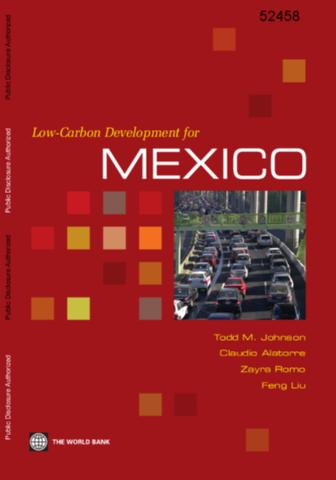Resource information
One of the most compelling reasons for pursuing low-carbon development is that the potential impacts of climate change are predicted to be severe, for both industrial and developing countries, and that reducing greenhouse gas emissions can reduce the risk of the most catastrophic impacts. The challenge of reducing emissions is sobering: leading scientific models indicate that limiting the rise in global mean temperatures to less than two degree Celsius will require that global greenhouse gas emissions peak within the next 10-15 years and then fall by 2050 to levels about 50 percent lower than in 1990. Although many countries recognize the need to curtail carbon emissions, there is considerable uncertainty about how much this will cost in individual countries, what measures can be undertaken in both the short and longer term, and how cost-effective specific interventions are in reducing emissions. This study analyzes a range of energy efficiency options available in Mexico, including supply-side efficiency improvements in the electric power and oil and gas industries, and demand-side electricity efficiency measures addressing high-growth energy-consuming activities, such as air conditioning and refrigeration. It also evaluates a range of renewable energy options that make use of the country's vast wind, solar, biomass, hydro, and geothermal resources.


